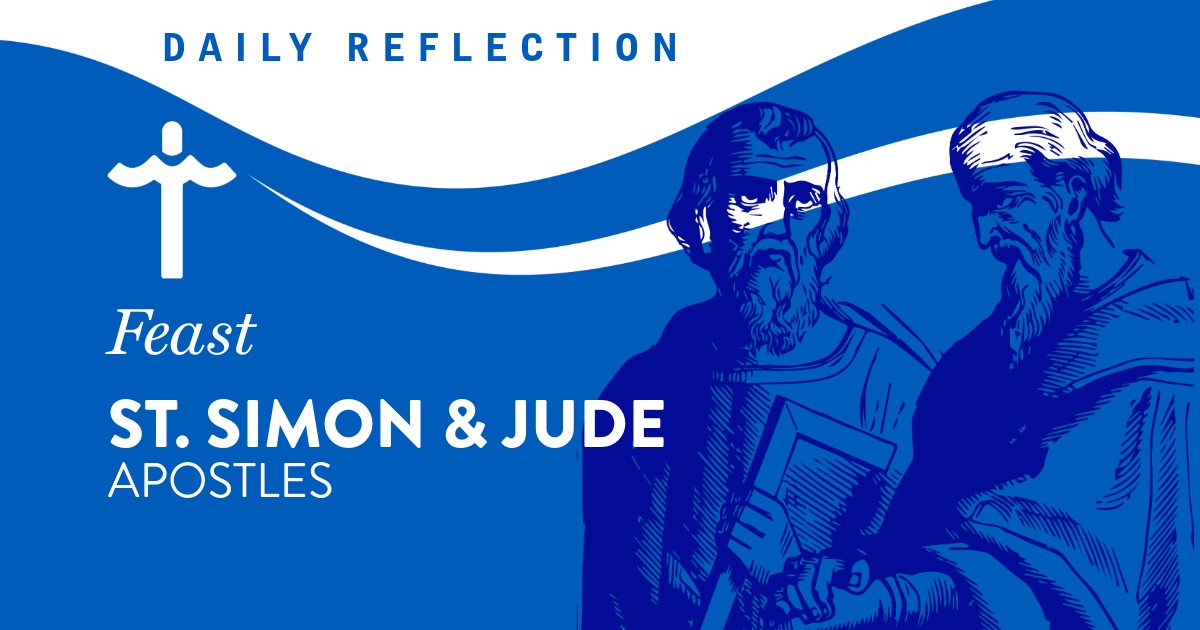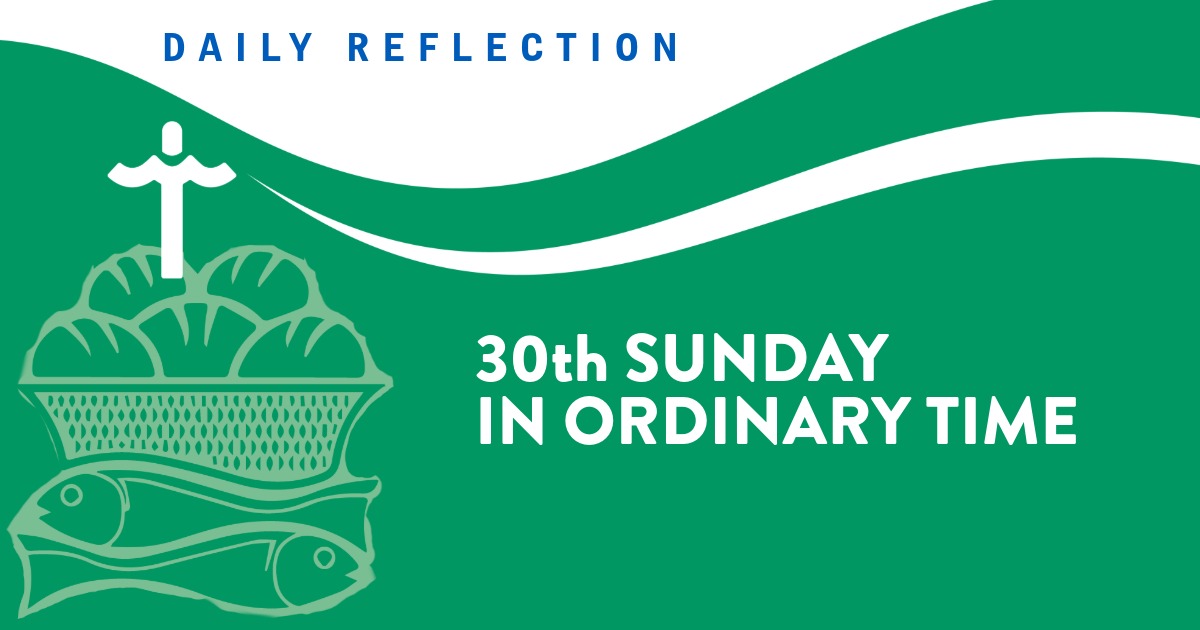Saint Augustine, Bishop and Doctor of the Church
The Responsorial (Psalm 90) anticipates the joy that comes with arrival at the “perfection of love”: “Fill us with your love, O Lord, and we will sing for joy.”
In 1Thessalonians 3:7-13, Paul can’t thank God enough “for all the joy we feel in his presence because of you.” It is a divine joy, caused by the divine gift of faith he sees in them: meaning grace and “perseverance in and attachment to the Christian way of life.”
Their faith is not perfect: “We ask that we may see you… and remedy any shortcomings in your faith” — whether in instruction or in applying it to life.xi Time is for growing. Paul prays God will “make you increase and overflow with love for one another and for all.” But Paul looks already to the perfection of the “end time,” when all hearts will be “blameless and holy… at the coming of our Lord Jesus with all his holy ones. His joy is for what is, what is becoming, and what will be, all as present now.
The Eucharist is a making present of the origin of the Church in Christ’s sacrificial death and rising in the past. At the same time, it makes the goal present of the Church, which is our union with God and one another in the future, in love brought to perfection at the “wedding banquet of the Lamb.” For this, we look forward to the “coming of our Lord Jesus,” even while we celebrate his presence with us now.
Just as there is grace in the People of God in virtue of the relationship to our origins in the past [the cross], so there is grace in virtue of our goal in the future…. the banquet of heaven anticipated here below. The word for it… is “eternal life,” namely, the life of the future, which the eucharistic worshiper “has” already…. The eucharist [gives] us the presence of… the Trinity dwelling within us. The presence of Christ in bread and cup is not the end of the story of eucharistic presence… but a means towards nourishing and deepening that presence of God which remains with us…. the life of Father, Son and Holy Spirit, to share in which will be heaven itself. But this sharing… begins already in this world (John 6:54; 14: 17, 23). xiii
At the end of the Intercessions, we look forward to what we ask as already given. “Through Christ our Lord…. you give us all these gifts.” Having prayed for “fellowship” with all in heaven, we ask to “praise you in union with them and give you glory.” We “hope to enjoy forever the vision of your glory,” and to “sing your glory with every creature,” all “through Christ our Lord, through whom you give us everything that is good” and “from whom all good things come.” The Eucharistic Prayer ends with this focus on Christ “yesterday and today, the beginning and the end, the Alpha and Omega.” In him, “all time and all the ages” are one. “To him be glory and power through every age forever.”
In Matthew 24: 42-51, Jesus calls us to “stay awake” in anticipation of his coming. The Gospel warns us against not persevering in the faith that Paul rejoiced in. In Eucharist, we just give thanks for what was and is, and will be.
Initiative: Give thanks for the life of God received, growing, and fulfilled.
— Fr. David M. Knight
View today’s Mass readings, Lectionary #428, on the USCCB website here
Fr. David M. Knight (1931-2021) was a priest of the Diocese of Memphis in Tennessee, a prolific writer, and a highly sought after confessor, spiritual director, and retreat master. He authored more than 40 books and hundreds of articles that focus primarily on lay spirituality and life-long spiritual growth.






0 Comments